My paternal grandmother’s name was Lizzie Lou Willingham. Not Elizabeth Louise. Lizzie Lou.
Lizzie Lou married Virgil Homer Hicks, a man whose naming signaled a certain familial aspiration. One of their offspring, my father, is named Irby Hicks. No middle name, and a first name that was a family surname. (Another of their children, my father’s sister, was named Zollie.)
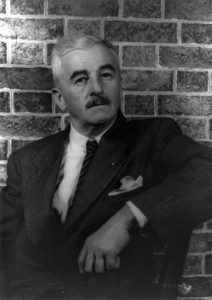 The Willinghams and Irbys and Hickses came from South Carolina and Georgia, places where a naming was a serious and sometimes flowery business. On Long Island and in the Hudson River Valley, where my mother’s side of the family had their roots, the names were historical and solid — Baldwin, Seaman — but without that peculiarly Southern sense that a naming is an almost mystical occasion, an assigning of an intensely personal yet communally meaningful identification for life. My mother’s maiden name is Charlotte Lucille Baldwin, and it’s lovely. But it seems somehow less thethered, less essential to her personality or her family’s historical lot in life.
The Willinghams and Irbys and Hickses came from South Carolina and Georgia, places where a naming was a serious and sometimes flowery business. On Long Island and in the Hudson River Valley, where my mother’s side of the family had their roots, the names were historical and solid — Baldwin, Seaman — but without that peculiarly Southern sense that a naming is an almost mystical occasion, an assigning of an intensely personal yet communally meaningful identification for life. My mother’s maiden name is Charlotte Lucille Baldwin, and it’s lovely. But it seems somehow less thethered, less essential to her personality or her family’s historical lot in life.
I bring this up because of Patricia Cohen’s report in the Thursday New York Times on the fresh linking of an old farm ledger to many of the names that William Faulkner used in his novels, and in 1942’s Go Down, Moses in particular. The ledger was kept in the mid-1800s by Francis Terry Leak, a Mississippi plantation owner whose great-grandson was a childhood and adult friend of Faulkner.
In it were the names of many of the plantation’s slaves, and the reading of them both angered Faulkner and excited his imagination. Cohen describes Edgar Wiggin Francisco III, the son of Faulkner’s friend, watching the great writer as he was going through the pages of the diary and “hearing Faulkner rant as he read Leak’s pro-slavery and pro-Confederacy views”:
Faulkner became very angry. He would curse the man and take notes and curse the man and take more notes.
That’s a potent vignette, and it speaks to why Faulkner still matters very much. He used many of the slave names from the journal and assigned them to white characters in his books, as he had taken a Native American name and given it to his famous fictional stomping grounds, Yoknapatawpha County. These were not, I think, so much acts of expiation or appropriation as of remembrance, and of the novelist’s determination to describe not only who “won” the battle for the South’s soul, but also the sins and brutalities that went into the waging of a confrontation in which all races and classes were engaged, and from which a great sadness fell not equally yet fully across the land. Don’t forget, Faulkner told his readers. Don’t mythologize, don’t blame others, and never forget.
That is starkly different from the attitude of another Southern writer, H.L. Mencken of Baltimore, who in his fascinating if sometimes fiercely outdated collection The American Language took many race-baiting cheap shots at the names that African American parents gave their children, citing them as examples of black Americans’ lack of education and common sense. (He seems utterly to have missed the playfulness, the sense of separate cultural identification, and the poetry in many of those names.) And that is evidence of why Mencken, once a household name, matters less and less.
Other writers have made great use of character naming, from Shakespeare’s Sir Toby Belch to Sheridan’s Mrs. Malaprop to Dickens’ Thomas Gradgrind. But Faulkner created one of my all-time favorite character names: Flem Snopes.
Flem was the anti-hero of three novels, The Hamlet, The Town, and The Mansion, that traced the rising tide of the Snopes family fortunes from horse thieves and tenant farmers to Flem’s establishment as president of the town bank and occupant of its grandest house.
Flem accomplished this by having a soul the size and consistency of something stuck in your throat: He was, in his essence, Phlegm. A cheater, a calculator, a man small and hard and avaricious. A man who married a young woman pregnant by another man because she came from a family that would be useful in his rise to the top. A man you’d like to just spit out and forget, except he sticks there, and sticks there, and sticks there, and so you can’t.
Flem Snopes. Now, there’s a name. Would a Snopes by any other name be so sour?

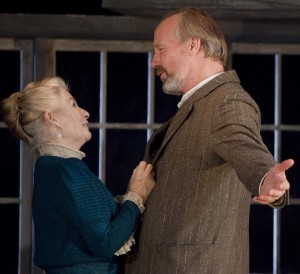 I think of this because the big deal in Puddletown this weekend is Saturday night’s opening of Long Day’s Journey Into Night, Eugene O’Neill‘s imperial American classic, at Artists Repertory Theatre. This production has Serious written all over it. A co-production with Australia’s Sydney Theatre Company, it stars occasional Oregonian William Hurt as the destructive Tyrone family patriarch, and it drew sparkling reviews in its recently closed Sydney run. I look forward to it not just because it arrives with stellar recommendations but also because O’Neill was in a very real sense the father of American theater, our first true genius. That he was such a morose son of a bitch was the luck of the draw. France got Moliere, the satiric comedian. England got Shakespeare, the astonishing Everyman. We got Old Bleak House, and few writers have ever done bleak better: O’Neill paints loss in despairingly seductive strokes of love.
I think of this because the big deal in Puddletown this weekend is Saturday night’s opening of Long Day’s Journey Into Night, Eugene O’Neill‘s imperial American classic, at Artists Repertory Theatre. This production has Serious written all over it. A co-production with Australia’s Sydney Theatre Company, it stars occasional Oregonian William Hurt as the destructive Tyrone family patriarch, and it drew sparkling reviews in its recently closed Sydney run. I look forward to it not just because it arrives with stellar recommendations but also because O’Neill was in a very real sense the father of American theater, our first true genius. That he was such a morose son of a bitch was the luck of the draw. France got Moliere, the satiric comedian. England got Shakespeare, the astonishing Everyman. We got Old Bleak House, and few writers have ever done bleak better: O’Neill paints loss in despairingly seductive strokes of love.
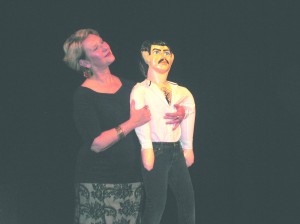 Howard is one of the founders of the story theater, and so it was fitting that his hour-long piece, The Adventures of Huckleberry Horowitz, kicked the festival off. Most everyone knows the mystical power of chicken soup, and most understand the pull of ritual and tradition in that thing we loosely call religion, so Howard’s audience, maybe 65 or 70 strong, rippled into laughter: the easy, familiar kind, the kind that says, “Yeah, we know what you mean.”
Howard is one of the founders of the story theater, and so it was fitting that his hour-long piece, The Adventures of Huckleberry Horowitz, kicked the festival off. Most everyone knows the mystical power of chicken soup, and most understand the pull of ritual and tradition in that thing we loosely call religion, so Howard’s audience, maybe 65 or 70 strong, rippled into laughter: the easy, familiar kind, the kind that says, “Yeah, we know what you mean.”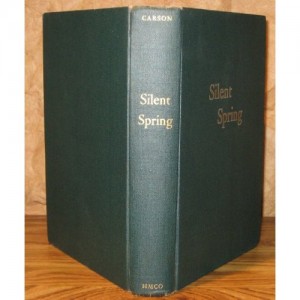 I put my bag on the floor and moved a portable potty out of the way to give her a sideways hug.
I put my bag on the floor and moved a portable potty out of the way to give her a sideways hug.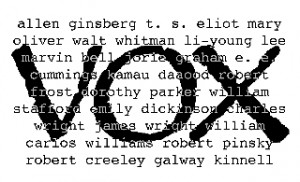 It’s the latest in Eric Hull‘s
It’s the latest in Eric Hull‘s  Waterbrook is basically a room with an entrance area and a door leading to what serves as a green room for the performers. Somewhere around the corner, down a broad-plank floor, is a restroom. On Saturday the performance space had a few rows of folding chairs for the spectators, a lineup of music stands up front for the six performers, and three chairs to the side for the performers who occasionally sat a poem out. In other words: all the tools you really need to create some first-rate performing art.
Waterbrook is basically a room with an entrance area and a door leading to what serves as a green room for the performers. Somewhere around the corner, down a broad-plank floor, is a restroom. On Saturday the performance space had a few rows of folding chairs for the spectators, a lineup of music stands up front for the six performers, and three chairs to the side for the performers who occasionally sat a poem out. In other words: all the tools you really need to create some first-rate performing art.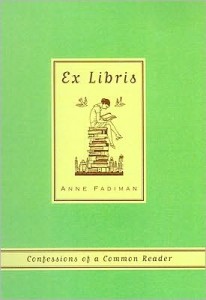 I’ve been keeping someone to myself much too long. I’ve collected reams of notes and have a stack of material. Now I feel somewhat prodded, thanks to Rose City Reader, who posted
I’ve been keeping someone to myself much too long. I’ve collected reams of notes and have a stack of material. Now I feel somewhat prodded, thanks to Rose City Reader, who posted 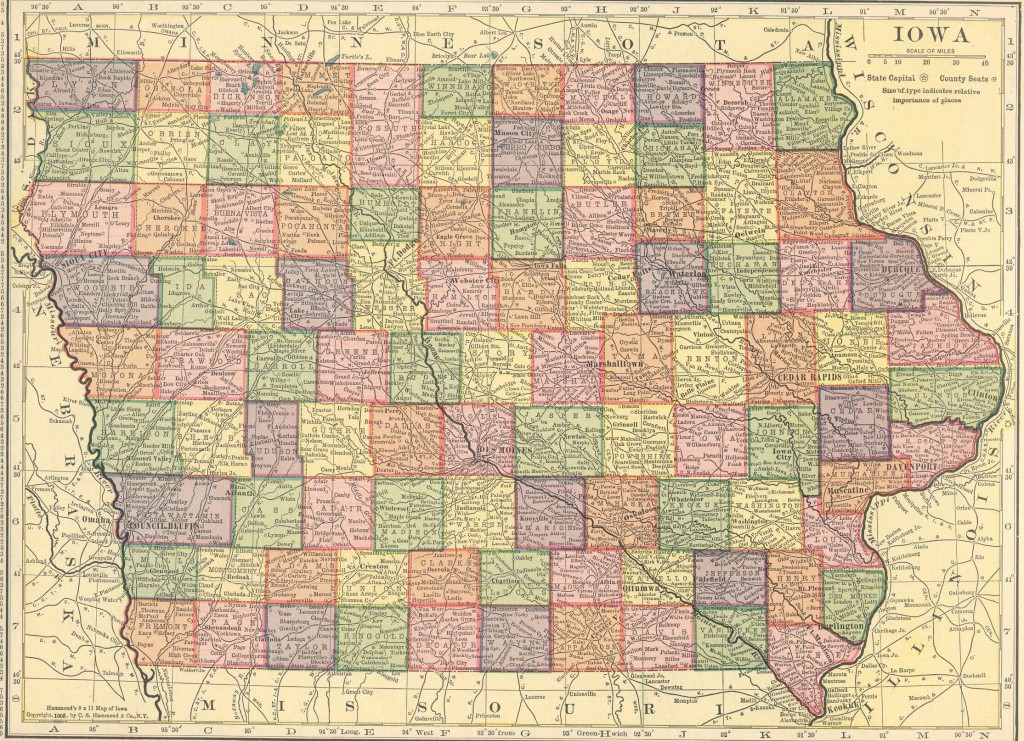
 This is also why she put the game on pause for a teachable moment when her sweet innocent pre-teen said, “The last turn, if I had a P, I could have had ‘specimen.'”
This is also why she put the game on pause for a teachable moment when her sweet innocent pre-teen said, “The last turn, if I had a P, I could have had ‘specimen.'”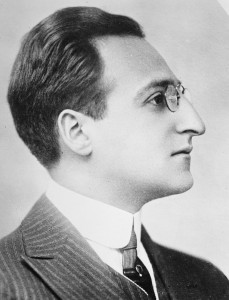 He has also composed essays that resulted in actual financial recompense, including a trio of pieces for that fine and noble stalwart of legacy media, The Oregonian.
He has also composed essays that resulted in actual financial recompense, including a trio of pieces for that fine and noble stalwart of legacy media, The Oregonian.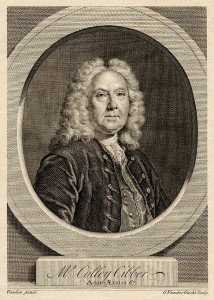 Mr. Scatter is, in fact, in favor of this position and its title, and he admires Oregon’s retiring laureate,
Mr. Scatter is, in fact, in favor of this position and its title, and he admires Oregon’s retiring laureate,  It’s a fine show, worth the trip. And speaking of trips, Mr. Scatter pauses for what might seem a brief diversion but in fact is not.
It’s a fine show, worth the trip. And speaking of trips, Mr. Scatter pauses for what might seem a brief diversion but in fact is not. The Willinghams and Irbys and Hickses came from South Carolina and Georgia, places where a naming was a serious and sometimes flowery business. On Long Island and in the Hudson River Valley, where my mother’s side of the family had their roots, the names were historical and solid — Baldwin, Seaman — but without that peculiarly Southern sense that a naming is an almost mystical occasion, an assigning of an intensely personal yet communally meaningful identification for life. My mother’s maiden name is Charlotte Lucille Baldwin, and it’s lovely. But it seems somehow less thethered, less essential to her personality or her family’s historical lot in life.
The Willinghams and Irbys and Hickses came from South Carolina and Georgia, places where a naming was a serious and sometimes flowery business. On Long Island and in the Hudson River Valley, where my mother’s side of the family had their roots, the names were historical and solid — Baldwin, Seaman — but without that peculiarly Southern sense that a naming is an almost mystical occasion, an assigning of an intensely personal yet communally meaningful identification for life. My mother’s maiden name is Charlotte Lucille Baldwin, and it’s lovely. But it seems somehow less thethered, less essential to her personality or her family’s historical lot in life.